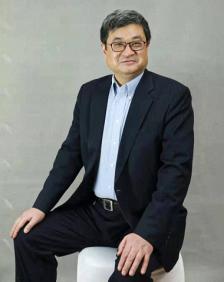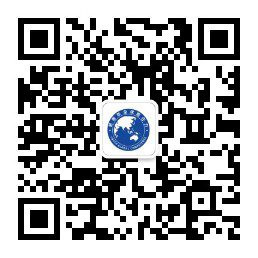Course Description:
China launched the “Belt and Road” initiative in 2013 and the “Global Development” initiative in 2021. These two initiatives are concrete measures for China to integrate security and development, which provide a broad space for young students in Chinese universities to learn knowledge, but also challenge students to improve their ability to participate in domestic construction and international cooperation in the future due to the changes in international competition. On the one hand, development is the common pursuit of all human beings, especially for low- and middle-income economies, development is a kind of power. On the other hand, development is always a process of intertwined cooperation and competition at the international level. Although economic globalization as a concept that helps to narrow the development gap has been questioned in recent years in the context of global economic and political changes, interconnectedness at the intellectual level will continue to be a necessary way for China to move forward in its domestic construction and foreign engagement in the future.
This course will build on the research and study of “non-traditional security” in international political science and international political economy, presenting domestic and international research on development issues and discussing the commonalities and competing interests. Topics such as food and agriculture, public health, digital trade, energy and resources, and narratives of international development cooperation will be used to further develop students’ literacy and competence in both theoretical thinking and practical knowledge.
Course Outline:
Session 1: Overview of “Development” Issues in International Political and Economic Relations
Session 2: “Sustainable Development”: Concept Formation and Case Studies
Session 3: China’s Development Initiatives: “One Belt, One Road”, “Global Development”
Session 4: Development Issues: Agriculture and Food
Session 5: Development Issues: Public Health
Session 6: Development Issues: Digital Trade
Session 7: Development Issues: Energy and Resources
Session 8: Narrative of International Development Cooperation
Faculty Profile:

Daojong Zha: He is currently a double-appointed professor at the School of International Relations and the School of South-South Cooperation and Development at Peking University. He studied at the University of Hawaii and the East-West Center, and received his PhD in political science. His areas of expertise include international political economy and China’s international economic relations (particularly in the areas of energy and natural resources, food security), development assistance, public health, and economic and political relations in the Asia-Pacific region. He regularly participates in Track II dialogues between the U.S. and China on topics such as trade and investment, and public health. He also publishes opinion pieces on current events in newspapers such as the South China Morning Post.

